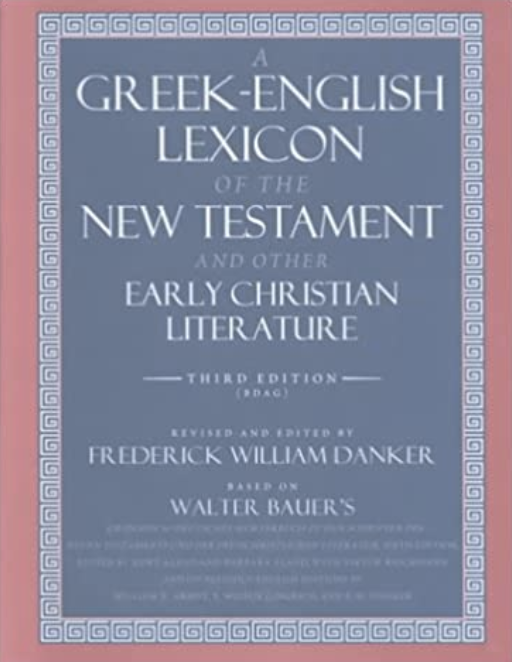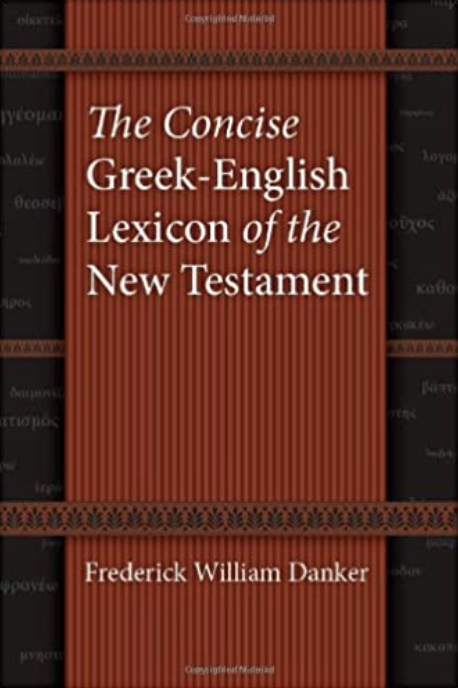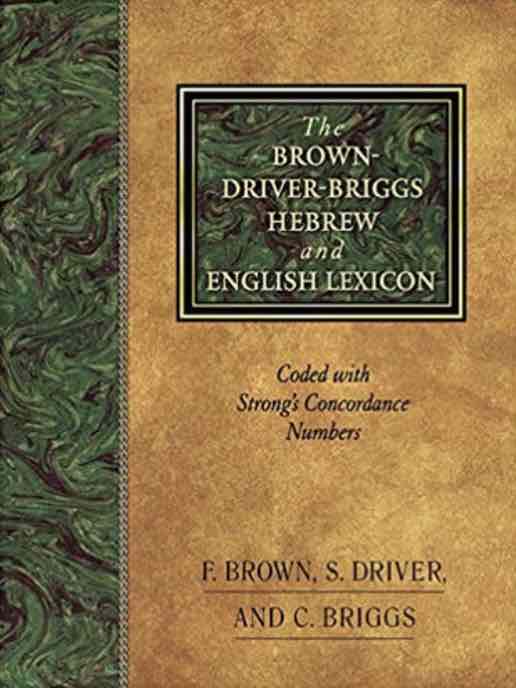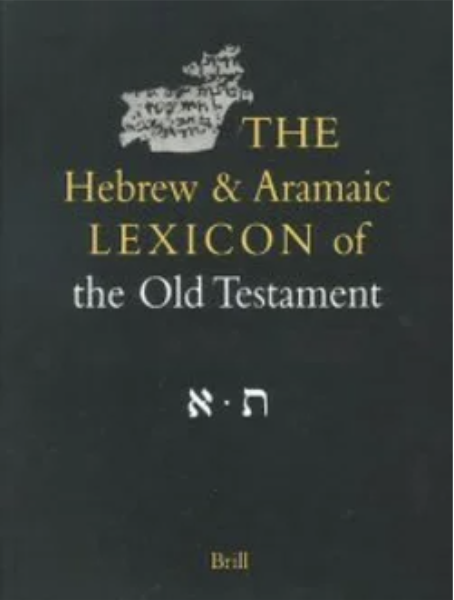Lesson 5: Other Valuable Resources
Lexicons
A lexicon is a dictionary for the original languages of Scripture. There you can find thorough information on every word in the Bible (in the largest lexicons) or the most important words (in smaller lexicons).
(If you haven’t studied the biblical languages in any capacity, I don’t recommend that you purchase a lexicon. Without knowing the languages and the basics of working with language in general, you can actually be more harmed than helped by them.)
For the purposes of this lesson, I want to give you guidance on how to use lexicons in general. For the various lexicons listed below, you can easily find specific guidance by searching online. Here are four dos and don’ts to keep you from misusing lexicons.
How to Use a Lexicon
Don’t look up a definition as soon as you come across a difficult word; do explore the context surrounding that word first, including cross references.
Remember the first step of Bible study: engaging with the biblical text itself. The biblical author might define the word himself, or you might be able to shed light on its meaning by looking at the broader context, and other related passages. Only after you explore these possibilities should you crack open a lexicon.
Don’t accept the interpretation of a word as if God inspired the lexicon; do research different possible interpretations.
Lexicographers study Scripture and other ancient literature to endeavor to define words according to what they meant in the author’s day, expressed in language used in our day. This is difficult and critical work, and lexicographers have contributed great wealth to our knowledge of Scripture!
But this doesn’t mean that their work is perfect. It certainly wasn’t given by inspiration of God, but rather produced by great effort, and is always open to improvement. Therefore, compare a definition in one lexicon with one in another lexicon, and always compare its definition with Scripture itself (see the first rule).
Don’t just read the gloss at the top of the entry; do engage with the whole entry.
For those unfamiliar with the technical terminology of lexicons, a “gloss” is a suggested translation of a word. A “definition” is a precise description of the meaning of the word, usually longer than a gloss.
If you’re studying a word used in a specific verse, and it has a lengthy entry in the lexicon which gives several possible nuances of the word’s meaning, then you should take time to find out which nuance is likely meant in the verse you’re studying.
Paul Ferris Jr., a professor emeritus at Bethel Seminary in St. Paul, MN, gave these practical directions:
Note the primary glos(ses) suggested by lexicographers…. If the glosses given seem fairly straightforward and seem clearly to suit the context, there is probably no need for any further lexical analysis. If there are several possible meanings given, or if they seem unclear in the context, further analysis is warranted.
—Paul Ferris, Guide to the Use of BDB.

Don’t study words as fodder for pride; do study words as fuel for worship.
Beware the temptation to study and learn in order to increase your self-worth, to enhance your reputation, or to show off your brilliance. Rather, study and work and dig deep into Scripture in order to know your Saviour better, teach his Word more faithfully, and praise him more knowledgeably.
The great 19th-century evangelist and prayer warrior, George Mueller, wrote of his 24-year-old self,
I now studied much, about 12 hours a day, chiefly Hebrew…[and] committed portions of the Hebrew Old Testament to memory; and this I did with prayer, often falling on my knees…I looked up to the Lord even whilst turning over the leaves of my Hebrew dictionary.
—George Mueller, Autobiography of George Mueller, 31.

The 19th-century scholar Sir Edwyn Hoskins reputedly advised, “Bury yourself in a lexicon and arise in the presence of God.”¹ Make this, not self-enhancement, your goal.
Top Resources
I’ve included one top resource for Greek and for Hebrew/Aramaic. There are other more extensive lexicons available, but they are more expensive, and so not the best starting points for a limited budget.
Greek
Hebrew and Aramaic
Follow-Up Resources
Greek
 A Greek English Lexicon of the New Testament and Other Early Christian Literature, 3rd ed.
A Greek English Lexicon of the New Testament and Other Early Christian Literature, 3rd ed.(commonly abbreviated as BDAG)


